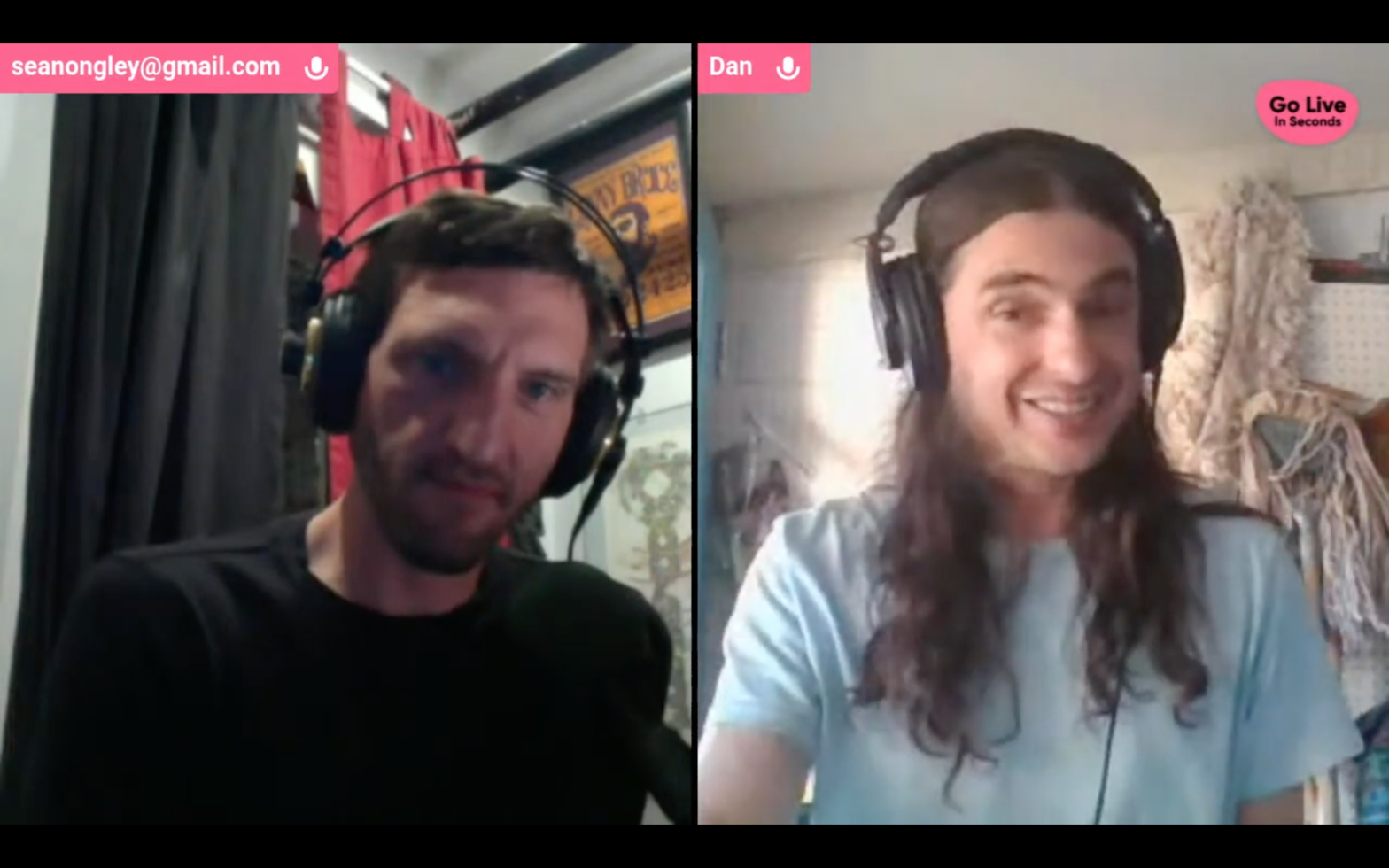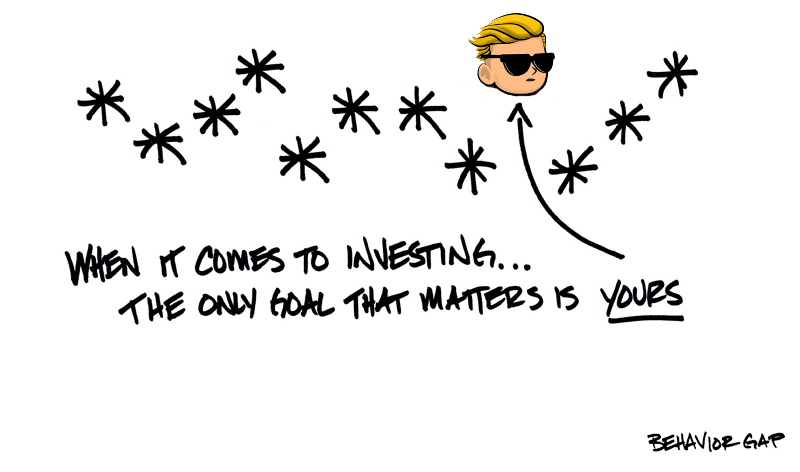Watch out gang. Here we go. I’m about to get back into the podcasting universe. This is step one, and I asked a new podcaster on the scene and old friend, Dan Leeson from 2 Bulls in a China Shop to join me.
My strategy is to rock some livestreams to gradually get my interview chops back up, to reinforce and rebuild an audience, while gradually working out the technical details involved with producing a professional podcast.
Turning out to be more difficult than I had imagined. Podcasting standards are evolving into the 2.0 realm while webcams have become a standard practice in the space. There is a lot to learn since I had THRUPoint going, a standard audio program.
It was as easy as pie to go live on Google Hangouts and immediately turn around a monetized video on YouTube, back in 2013. I did this once with Douglas Mallette. Since then, the whole process has been divided up and converted to premium features. I am no longer eligible for monetization with my piddly 578,000 total views and 283 subscribers. For most users that is actually a lot.
My plan originally was to use Twitter Live with mutual followers on that platform, because I’ve actually been building a community there. Then I learned if you want to do anything more than a solo rant with your webcam, that feature is exclusive (invite-only). Turns out this is the same across social media sites.
This means you need to have a third-party source to transmit a signal that has already mixed the video between myself and the guest.
The good news is that I built a little legacy on my YouTube account and I might as well tap back into it. It just happens to be the easiest place to host of my Livestreams.
There are a range of options, but the first fork in the road is to either go through a service that simplifies the whole process, or engineer it to the greatest extent possible in a self-hosted studio
I am a trained audio and video technician, but I come from the era of wires and signals. Not that we’re beyond wires, but those signals have consolidated into pure digital encrypted signals, transmitted on wifi and fiberoptic cables, very different from straight radio bandwidths received and captured into copper wires that go from A to B.
Today, the protocol for sending video signal across the internet is NDI. This is a patented protocol and is generally a hidden, or premium feature. Skype is supposed to provide this but it’s not working for me yet.
What I ended up with, after experimenting with Open Broadcast Studio (OBS) and Skype, and researching alternatives, was a browser app called Melon. This very quickly connects to your YouTube and launches a Youtube Live event for you.
I forgot to customize my profile, so on the first stream I ended up with my email address in the top corner! Baby steps.
To get more than one guest, and to send a full HD signal to social media sites at the same time, I will have to pay the premium.
Actually, the company that makes Melon offers a proprietary version of OBS, also simplifying the whole process. I haven’t tried it yet, as I am still trying to use the core OBS.
However I do it, controlling my own broadcast studio is the only way to reach the goal of producing a top-quality podcast. It is necessary to control the means of production, or else you are limited in your presentation. As a technician, I will not accept mediocre media.
The advents coming through Podcasting 2.0 are great. It is an ongoing project to develop a complete standard for the new era of podcasting, incorporating supplemental content like chapters, images, transcripts, and audience-direct financial contributions.
The reality of video is also clear, so when all is said and done it should resolve this gap between traditional audio podcasting and the new era of video, but I am not there yet.
The future of podcasting is bright. But is mine?
Here is the irony of life. When I was cooking with gas, had a following, was on the cutting edge of internet and social media promotion, I had no stability in my life. I moved to Philadelphia and changed my priorities. I bought a house and built a studio space. That involved a lot of sacrifice, and hard work. Now I can balance creativity and media back into it.
It’s rarely what I do that I truly regret. It is what I don’t do. It is when I drop the ball. So on the sports analogy, I refuse to sit on the sidelines when the world is going so bananas.
So off I go again, to fight the windmills.

